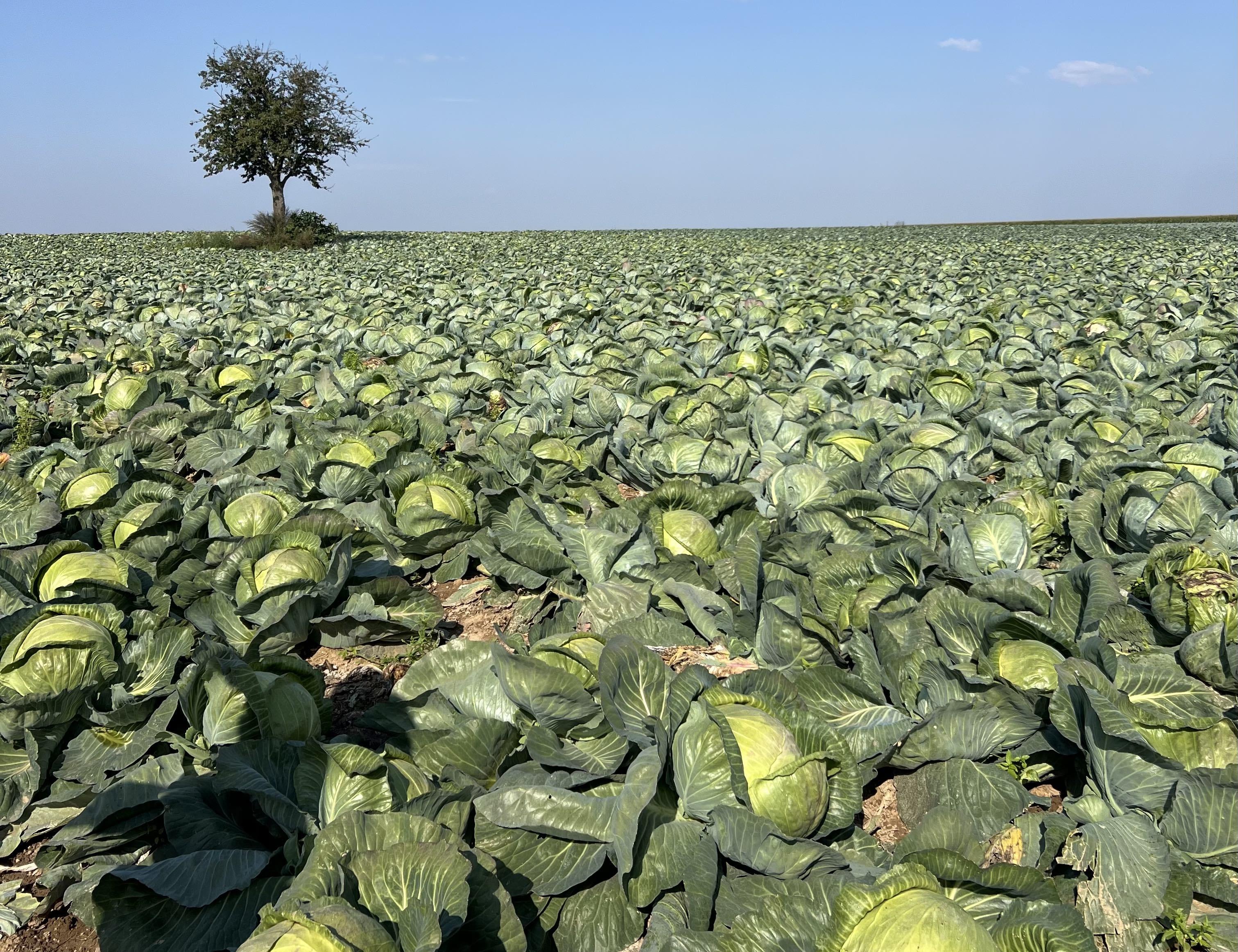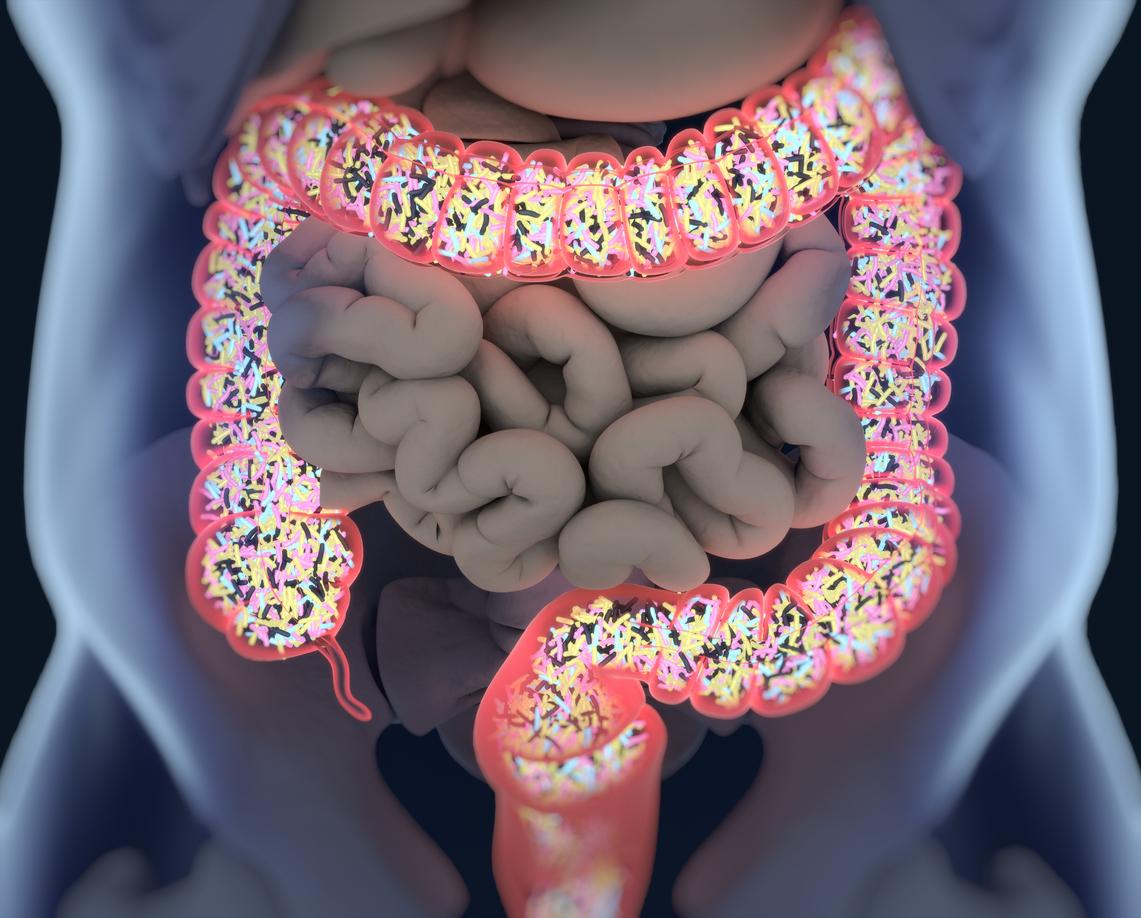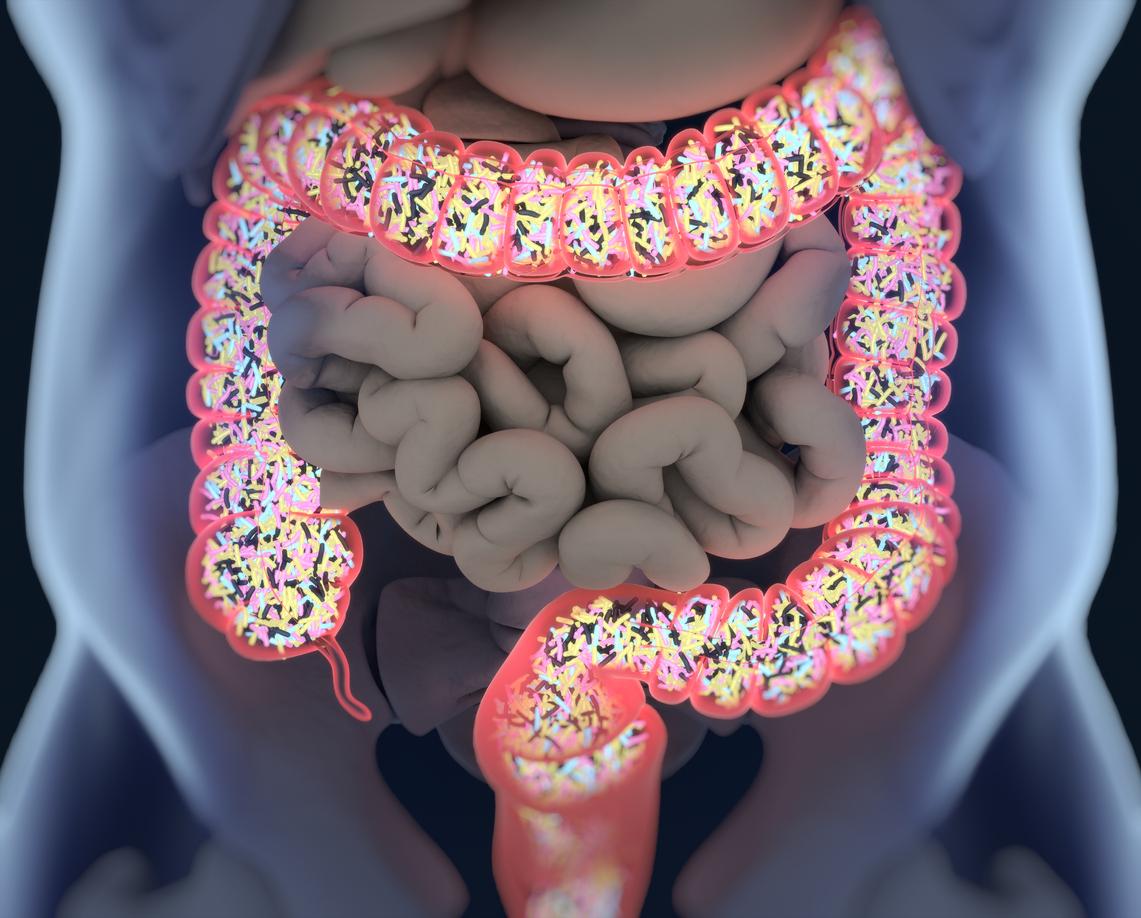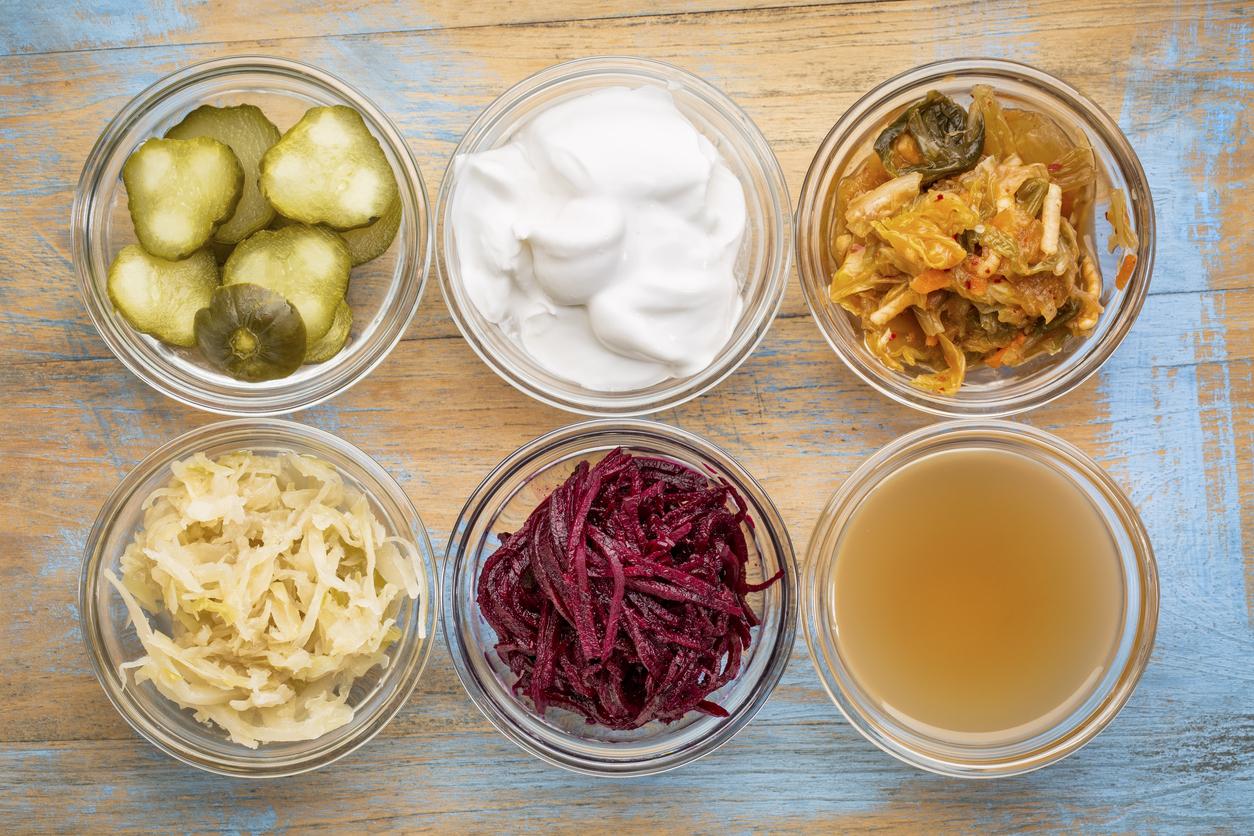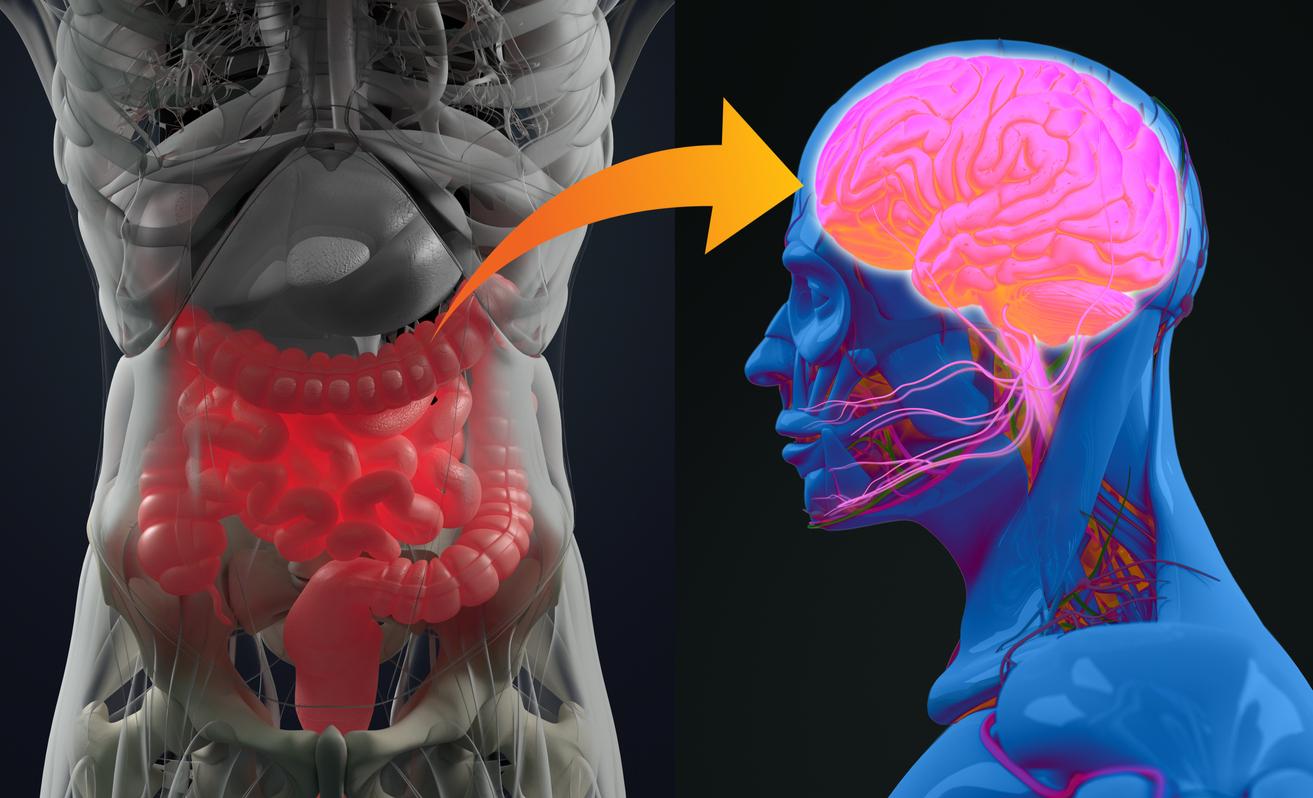Certain microorganisms, called probiotics, contribute to the good health of the intestinal flora. To consume more of it, all you have to do is adapt your diet.
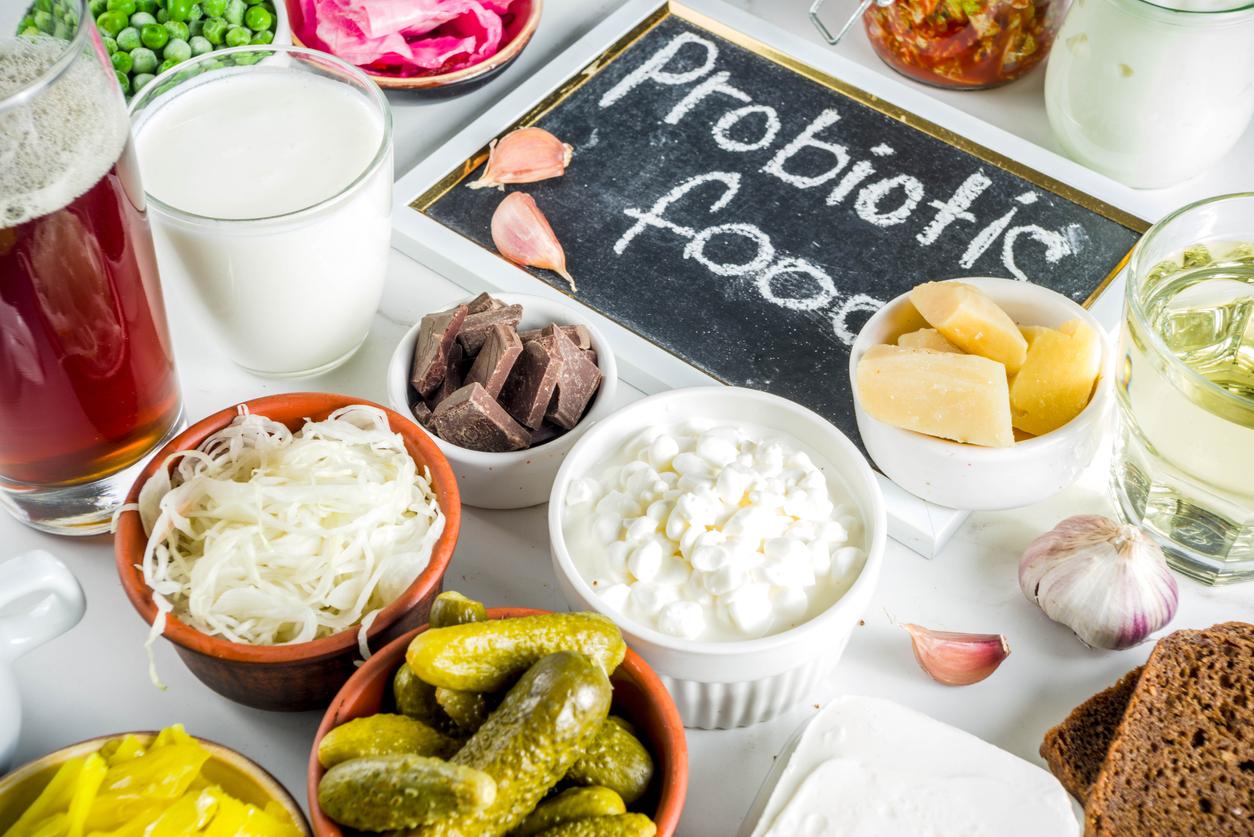
- The digestive tract of an adult can host up to 100,000 billion bacteria.
- Lactobacillus and Bifidobacterium species are the bacteria most frequently used as probiotics.
Bacteria sometimes wish us well. In any case, they can help improve our state of health, especially when they make up probiotics. According to Inserm, probiotics can be defined as live microorganisms which, ingested in adequate quantities, will benefit the functioning of our body. If it’s mostly bacteria, it can also be yeast.
Probiotics: what are their effects on health?
Probiotics have an impact on the composition of the intestinal flora, called microbiota. However, Inserm recalls that the quality of this is “important for our digestive health, but also metabolic, immune and neurological”. Certain treatments or certain diseases can lead to imbalances in the intestinal flora. In this case, the consumption of probiotics helps to facilitate digestion, but also “increase the number of beneficial microorganisms and decrease the population of potentially harmful ones”. “In this context, certain probiotics will, for example, reduce the severity and duration of infectious diarrhea or even prevent those that are sometimes associated with taking antibiotics.underlines Inserm.
What foods are rich in probiotics?
It is possible to boost the microbiota by choosing the composition of your menu carefully. “Fermented foods in particular (yogurt and pickles, for example) are home to a host of good bacteria that are good for your body, underlines the cleveland clinic. There are also fermented drinks like kombucha (fermented tea) or kefir (fermented dairy drink) that introduce extra probiotics into your diet..”
Among the fermented foods, we must also mention sauerkraut, miso soup or kimchi, a mixture of vegetables and facto-fermented pepper, of Korean origin. Sourdough breads, fresh cheeses or even fermented milks, such as buttermilk or buttermilk, also naturally contain probiotics.
If these foods are of interest to health, it is important to maintain a varied diet. “While adding probiotic-rich foods to your diet won’t hurt, balance is still essential.l, recalls the Cleveland Clinic. Adding too much of a single food prevents your body from reaping the benefits of other food groups.“
Probiotics: should we consume food supplements?
If certain foods naturally contain probiotics, it is also possible to consume them in the form of a food supplement. “If acting on the microbiota to improve our health is indeed a promising avenue, there are currently very few situations for which the intake of food supplements or foods enriched with pro/prebiotics is of real interest. , scientifically validated”, raises however the Inserm. Thus, the organization recommends favoring foods that contain it.







